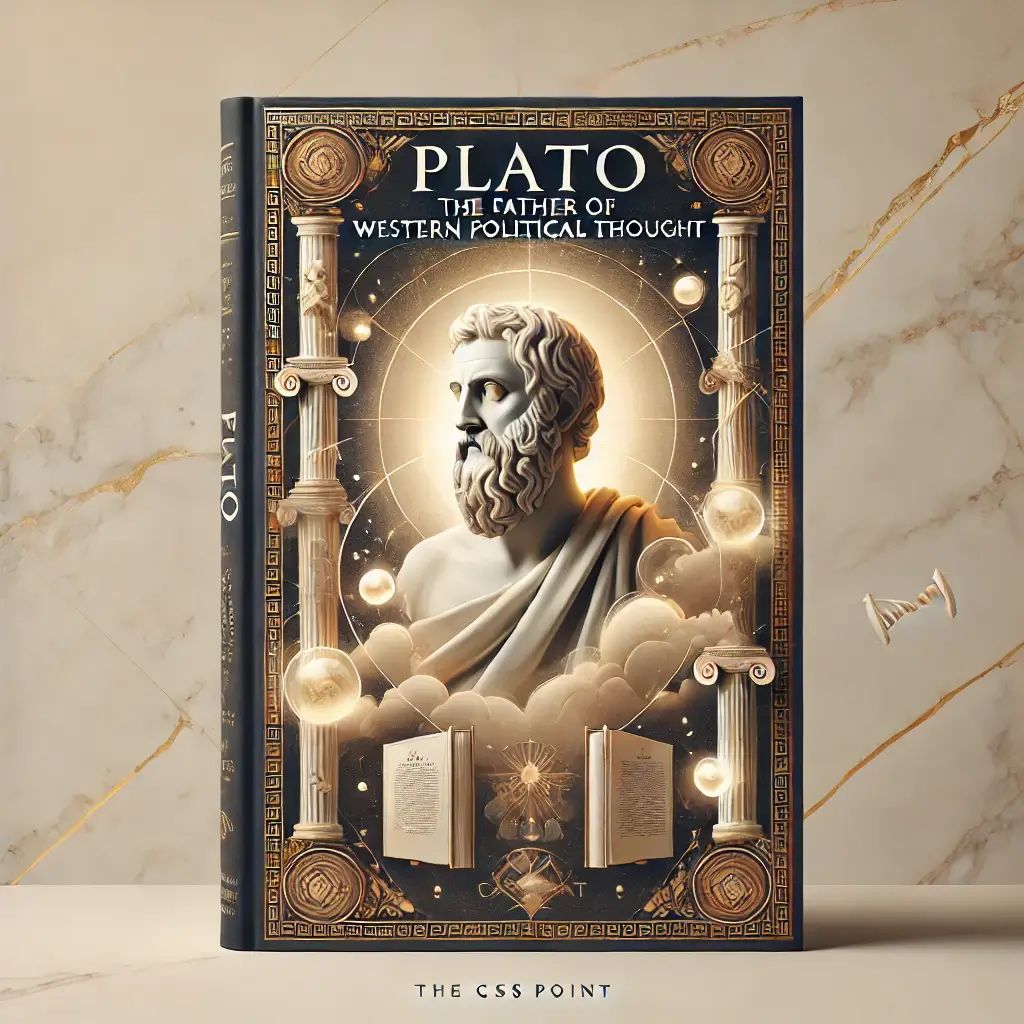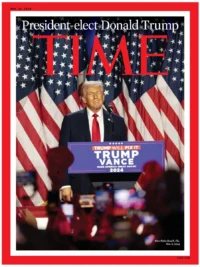Description
Plato The Father of Western Political Thought. Plato, one of the most influential philosophers in history, is often regarded as the father of Western political thought. His profound ideas laid the foundation for political philosophy, influencing governance systems and intellectual discourse for over two millennia. As a student of Socrates and the teacher of Aristotle, Plato formed a critical link in the development of philosophical inquiry in ancient Greece.
In addition, Plato’s most enduring contributions are found in his magnum opus, The Republic. This work examines the concept of justice and explores the characteristics of the ideal state. Also, Plato envisioned a utopian society governed by philosopher-kings—wise and virtuous leaders capable of understanding the deeper truths of existence.
Moreover, He believed that such rulers, guided by reason and moral integrity, were essential for ensuring the harmony and stability of the state. In addition, Plato’s hierarchical model of society divided citizens into three classes: rulers, auxiliaries (military), and producers (artisans and farmers), with each fulfilling a specialized role to maintain societal balance.
Main Features
- Philosophical Legacy: Scholars regard Plato as the father of Western political thought, recognizing him for bridging the intellectual contributions of Socrates and Aristotle.
- The Republic: His most significant work explores justice and the concept of an ideal state governed by philosopher-kings.
- Theory of Forms: Plato introduced the idea of a higher, perfect reality, arguing that a just state aligns governance with eternal truths.
- Hierarchical Society: He proposed a structured society with rulers, auxiliaries, and producers, emphasizing the specialization of roles for harmony.
- Critique of Democracy: Plato criticized Athenian democracy, advocating for governance by qualified and virtuous leaders to ensure stability and justice.
Plato The Father of Western Political Thought By Agha Zuhaib Khan
Also, A cornerstone of Plato’s philosophy is his theory of forms, which introduces the concept of idealism in politics. He argued that the material world is a mere reflection of a higher, perfect reality. Also, According to Plato, a just state could only emerge when its rulers grasped these eternal truths and governed in alignment with them.
Also, This idealistic vision highlighted his belief in the transformative power of knowledge and ethics in political leadership.
In addition, Plato also addressed themes of education, governance, and the nature of democracy. While he criticized Athenian democracy for its potential to allow unqualified leaders, his ideas continue to fuel debates about the tension between liberty and order in governance.
Although critics have labeled Plato’s proposal for rule by an elite class as authoritarian, his work continues to serve as a foundation for political thought.. His emphasis on justice, ethical leadership, and the role of reason in governance has left an indelible mark on political thought, making him a timeless figure in the quest for understanding the ideal society.
This article has been compiled and edited by Agha Zuhaib Khan.
Download Now






